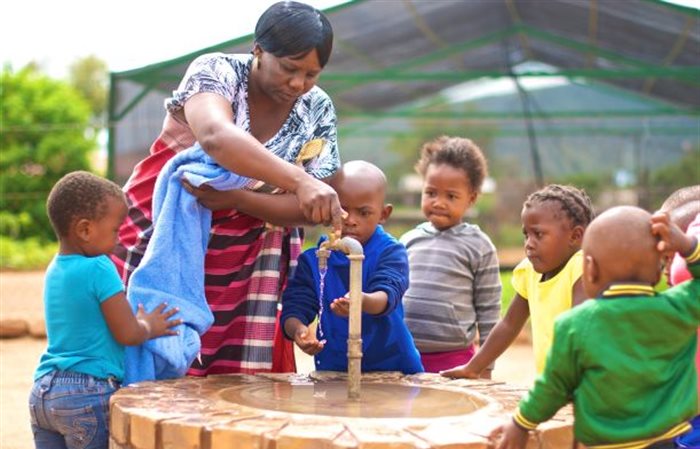
Top stories






More news


Marketing & Media
Ads are coming to AI. Does that really have to be such a bad thing?














Over 600 days and four waves of the pandemic later and the new reality is that no CSI strategy can be cast in stone, with impact becoming more important than ever.
“Within the fundraising space, companies have become more strategic when it comes to having an impact,” says German More, a fundraising consultant at CSI agency Mamas Alliance. He explains that companies are increasingly putting larger portions of their CSI budget into single projects that have specific and measurable impact, instead of spreading these funds across numerous organisations or NGOs.
“Charities or donations as we know them are slowly fading away as companies are looking for strategic partnerships that have impact in the communities in which they operate. The CSI space is changing for the better, with funders wanting to see where their money is going, which is what CSI should be about,” More says.
The biggest learning from the last two years has been the need to be agile, adaptable and have funding and financial models that are flexible. “What is happening in the CSI space is that as the environment changes, the CSI industry responds to these changes,” he adds.
Looking towards 2022, more companies are becoming open to innovative ideas to increase impact. Funders are also looking for comprehensive monitoring and evaluation, due diligence and the associated regulatory functions to ensure maximum transparency and results.
“Many of our long-term partners and corporates have supported our network for a very long time, some since Mamas Alliance was first formally established in 2017. Many are very open to discuss new ideas with us and are likely to change the direction of their CSI spend based on these ideas and needs,” More says.
From a Mamas Alliance perspective, the organisation is heading into 2022 with a focus on strengthening existing projects and partnerships to gain even more traction in breaking the cycle of poverty. The organisation and its partners will continue to support children in their care from birth until they are financially independent.
A priority area will be supporting and strengthening the numerous food garden programmes run within the network nationally, to enable sustainable job creation within communities through the selling of produce. Another focus will be on skills development and training the youth, to provide better opportunities for employment.
“Stretching budgets to involve rural communities is where I believe a lot of funding is needed. There are many challenges, particularly when it comes to education and unemployment, and a lot can be achieved if companies can start looking at supporting projects within these communities,” More says.
Corporates looking to support innovative programmes making a real difference when it comes to education, skills development, food security, health and supporting victims of GBV within rural communities are urged to make contact with Mamas Alliance to explore ways to collaborate.